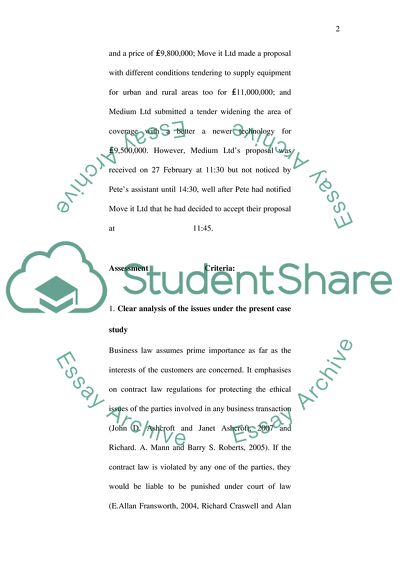Cite this document
(Why Pete Should Not Get Punished under Court of Law Case Study - 7, n.d.)
Why Pete Should Not Get Punished under Court of Law Case Study - 7. Retrieved from https://studentshare.org/law/1722746-business-law
Why Pete Should Not Get Punished under Court of Law Case Study - 7. Retrieved from https://studentshare.org/law/1722746-business-law
(Why Pete Should Not Get Punished under Court of Law Case Study - 7)
Why Pete Should Not Get Punished under Court of Law Case Study - 7. https://studentshare.org/law/1722746-business-law.
Why Pete Should Not Get Punished under Court of Law Case Study - 7. https://studentshare.org/law/1722746-business-law.
“Why Pete Should Not Get Punished under Court of Law Case Study - 7”. https://studentshare.org/law/1722746-business-law.


